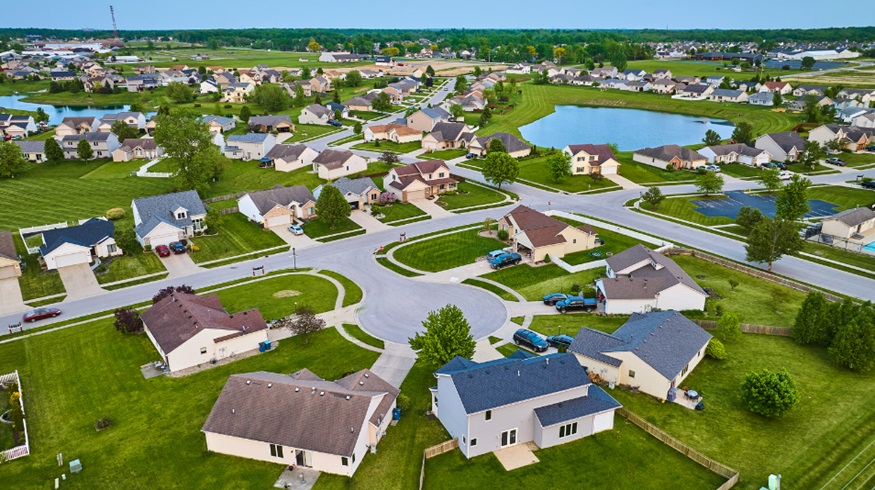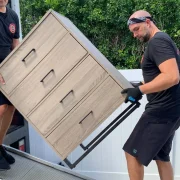Homeowners associations (HOAs) are common in many residential communities, especially in the United States. These organizations are responsible for governing and managing shared spaces and amenities within a neighborhood or condominium complex. One of the roles that an HOA rental restriction in Georgia often takes on is regulating rental properties within their community. This can include setting guidelines for long-term rentals (typically defined as six months or longer) as well as short-term rentals, which have become increasingly popular through online platforms. In this article, we will explore the impact of HOA rental restrictions on short-term rentals and how they can affect both homeowners and investors.
Short-Term Rentals: An Overview
Short-term rentals, also known as vacation rentals or Airbnb properties, refer to renting out a property for a period of less than six months. These types of rentals have gained popularity in recent years due to online platforms which make it easier for homeowners to list their properties for short-term stays. This trend has sparked debate among communities and HOAs about the potential impacts of these rentals on neighborhoods and property values.
HOA Rental Restrictions on Short-Term Rentals
As mentioned, HOAs have the power to regulate rental properties within their community. This includes setting restrictions for both long-term and short-term rentals. While long-term rentals are usually seen as less disruptive to a neighborhood, short-term rentals can raise concerns among homeowners due to the transient nature of guests and potential noise or safety issues.
Some common restrictions that HOAs may impose on short-term rentals include:
- Requiring homeowners to seek approval from the HOA before renting out their property
- Limiting the number of days per year that a homeowner can rent out their property as a short-term rental
- Prohibiting certain types of short-term rentals, such as those that do not follow the HOA’s rules and regulations or those that are deemed commercial in nature.
These restrictions aim to maintain the overall character of a neighborhood and ensure that homeowners adhere to the community’s bylaws. However, they can also impact investors who may rely on short-term rental income for their properties. But apart from this it is also crucial that you know what happens when HOA rules are not enforced so that you know the importance of these restrictions for maintaining the community’s standards.
The Impact on Homeowners and Investors
HOA rental restrictions can have a significant impact on both homeowners and investors. For homeowners who rent out their properties as short-term rentals, these restrictions may mean they have to limit the number of days they can do so or seek approval from the HOA, which can be time-consuming and costly. On the other hand, investors who rely on short-term rental income may find it challenging to comply with these restrictions, impacting their ability to generate revenue.
At the same time, these restrictions aim to protect the interests of all homeowners in a community by maintaining property values and ensuring a peaceful and safe neighborhood. By regulating short-term rentals, the importance of HOA lease monitoring cannot be overstated. The HOA can prevent potential issues and conflicts among homeowners caused by short-term rental guests. Additionally, limiting the number of days per year that a homeowner can rent out their property as a short-term rental prevents an overabundance of transient guests in the neighborhood.
In Conclusion
HOA rental restrictions play a crucial role in managing short-term rentals and maintaining the overall character of a community. While they may have some impacts on homeowners and investors, these restrictions serve to protect the interests of all residents and ensure a harmonious living environment. As such, it is essential for both homeowners and investors to understand and comply with these restrictions in order to maintain the standards and values of their community.












Comments